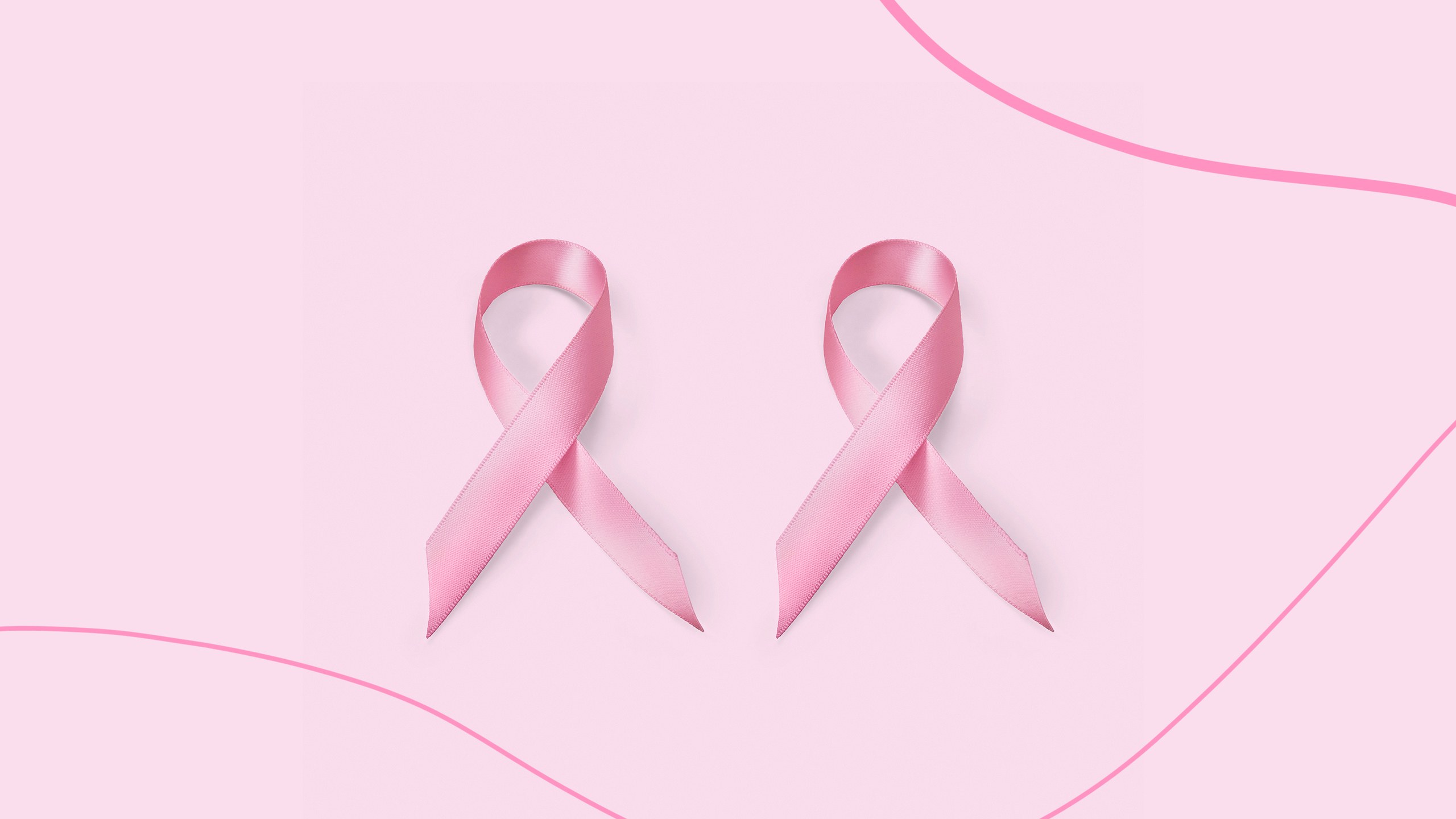I Survived Cancer Once—Then I Was Diagnosed with Triple Negative Breast Cancer

Staring at my ever-growing to-do list, I contemplated canceling—or at least postponing—the appointment for my annual mammogram. Next month, I reasoned, things would be a little less hectic. Why not save myself some stress?
Like most, I have a fear of cancer. In 1999, I lost my 37-year-old husband in a fast battle with Hodgkin’s disease, leaving me to raise our three young children—6, 4 and 2 years old at the time—alone. A year later, I was diagnosed with papillary thyroid cancer after my doctor found a small nodule in my neck during a routine visit for a sore throat. I endured several years of tests and treatments before the doctor declared me cancer free.
I’d tried not to think about cancer in the 16 years after that, always trying to push it from the corners of my brain. But when my annual mammogram rolled around cancer seemed to be all around me: Several close friends were being treated for breast cancer and a close neighbor was battling leukemia. Cancer seemed to be closing in—again.
A year earlier, I started having what felt like small electrical charges in my left breast. Zippy little jolts that felt like a nerve misfiring all day long, setting me on edge with each zap. Test results showed that there was nothing to worry about and within a few weeks the “charges” had subsided. I figured things were fine and went back to trying not to think about cancer. But a few months before my scheduled mammogram, they came back.
As I sat in front of my calendar, debating whether or not to put off my mammogram, I couldn’t get the thought of cancer out of my mind. I thought about my kids, now adults, and everything they’d already been through. They’d watched both of their parents battle cancer, and mourned the loss of their dad. I was eager to tell them I had a clean bill of health again so I kept my appointment on the books.
“This is your mass,” the radiologist said, drawing an imaginary circle around a black spot on my X-ray as I sat in his office after my appointment. “My mass?” I kept asking over and over again as if repeating the question would make the answer change. It didn’t. There was a mass in my left breast.
My mass was tiny—it was possible it was only Stage 0 if it was cancerous at all. I needed to have a biopsy to confirm but somehow I already knew what was coming. A biopsy, a partial lumpectomy, a CAT scan, and several blood tests later, I learned that I had triple negative breast cancer. It had already spread to some lymph nodes in my armpit, kicking my cancer diagnosis up to Stage 2.
As far as cancer diagnoses go, triple negative breast cancer is a particularly bad one to get: it’s aggressive, more likely to spread and more likely to recur. TNBC is less common—about 10-20% of breast cancers are triple-negative, according to BreastCancer.org—and gets its name from the fact that it tests negative for estrogen receptors, progesterone receptors, and excess HER2 protein. Translation: Triple-negative breast cancer doesn’t respond to hormonal therapy medicines or medicines that target HER2 protein receptors.
It does respond well to four rounds of what’s known as “Red Devil” chemotherapy followed by 16 weekly treatments of Taxol chemotherapy and then 33 rounds of radiation.
While it might sound silly, my first question to the breast surgeon was, “Is this lose-your-hair chemo?” I had read about some chemotherapy treatments that didn’t cause hair loss but this unfortunately wasn’t one of them. After finally growing my hair to the longest it has ever been—a feat I’ve been trying to accomplish for years—I was going to lose it all. I started bawling in the doctor’s office, bitter over the symbolic loss and the thought of battling cancer yet again.
